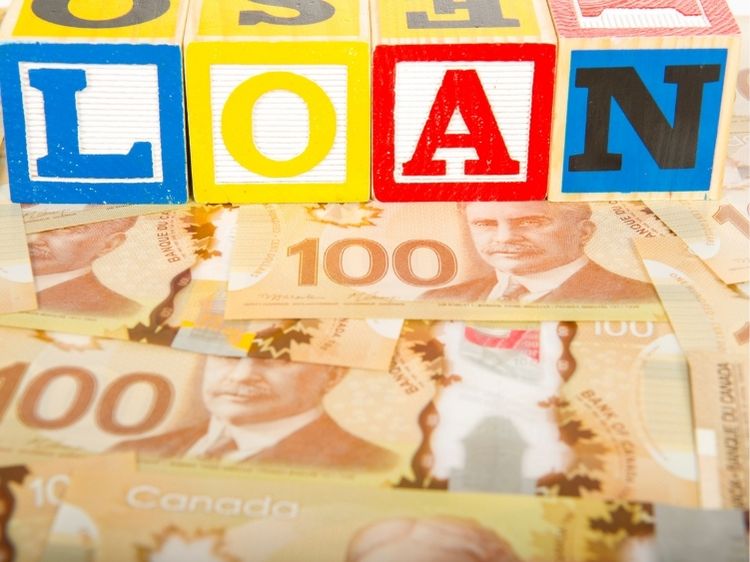Driving Toward Financial Freedom with a Car Loan
So, you’re eyeing that shiny new (or maybe pre-owned) car but don’t have the cash to make it happen right now? Enter the world of car loans! A car loan makes purchasing a vehicle way more accessible, letting you hit the road without draining your bank account in one go. But here’s the catch: it’s crucial to know how these loans work, what you’re signing up for, and how to avoid getting stuck with a bad deal. If you’re new to the concept of car loans or just want a refresher, buckle up—this guide will steer you in the right direction.
What is a Car Loan?
A car loan is essentially a financial agreement between you (the borrower) and a lender (which could be a bank, credit union, or online lender). The lender fronts you the money to buy the car, and in exchange, you agree to repay the loan over a set period, typically with interest. Pretty straightforward, right?
But wait—there’s more to it than just that. The terms of a car loan can vary depending on several factors such as your credit score, the lender’s policies, the car you’re purchasing, and the length of the loan term. Here’s a quick breakdown of the common components:
- Principal: The actual amount you’re borrowing.
- Interest: The fee the lender charges for loaning you the money, expressed as a percentage.
- Loan Term: How long you have to pay back the loan, usually between 36 and 72 months.
- Monthly Payment: The amount you pay every month to cover both the principal and the interest.
Types of Car Loans
Just like with any loan, there’s no one-size-fits-all. Different car loans cater to various needs, and picking the right one can save you a lot of money (and headaches). Here are the main types of car loans you’ll come across:
1. New Car Loans
- These loans are for, you guessed it, new cars! They usually have lower interest rates because new cars are considered less risky for lenders.
2. Used Car Loans
- If you’re buying a pre-owned vehicle, this is the loan you’ll be looking for. Keep in mind that interest rates tend to be a little higher because used cars depreciate faster and carry more risk for the lender.
3. Refinance Car Loans
- Already have a car loan but want to lower your monthly payment or get a better interest rate? You can refinance your existing loan with a new one.
4. Lease Buyout Loans
- If you’ve been leasing a car and decide you want to own it at the end of the lease term, a lease buyout loan helps you finance the remaining balance.
How Does Your Credit Score Impact Your Car Loan?
Your credit score is like your financial fingerprint, and it’s one of the key factors lenders look at when deciding what interest rate to offer you. A higher score can land you a lower interest rate, while a lower score could mean a higher rate and more expensive loan overall. Here’s how your credit score typically breaks down:
- Excellent (750+): You’re golden! You’ll get the lowest interest rates and the best loan terms.
- Good (700-749): You’re in solid territory and will still get pretty favorable rates.
- Fair (650-699): Expect to pay a bit more in interest, but you’ll still be able to secure a loan.
- Poor (600-649): Your interest rate will be on the high side, and you may need a larger down payment.
- Bad (Below 600): It’s possible to get a loan, but your interest rates will be sky-high.
Steps to Get the Best Car Loan Deal
Now that you know the basics, let’s dive into some tips for snagging the best deal on a car loan. With a little homework and preparation, you can save big. Here’s what to keep in mind:
1. Check Your Credit Score First
Before you even think about applying for a loan, know where you stand. If your credit score needs work, take the time to improve it before hitting up lenders.
2. Shop Around for Lenders
Don’t just accept the first offer you get from a dealership. Compare rates from banks, credit unions, and online lenders. You’d be surprised how much rates can vary.
3. Consider a Larger Down Payment
The more you put down upfront, the less you’ll have to finance. A larger down payment can also lower your interest rate since you’re reducing the lender’s risk.
4. Choose a Shorter Loan Term
Longer loan terms might seem appealing because they lower your monthly payments, but you’ll end up paying way more in interest over time. Try to stick to a loan term of 60 months or less if you can swing it.
5. Get Preapproved
Getting preapproved for a loan before you walk into the dealership gives you negotiating power and helps you stick to your budget.
Car Loan FAQs
- Can I get a car loan with bad credit?
Yes, but it’ll come with a higher interest rate. You may also need a larger down payment. Some lenders specialize in offering car loans to people with bad credit. - What’s the difference between APR and interest rate?
The interest rate is just the percentage of the loan you’ll pay back, while APR (Annual Percentage Rate) includes both the interest rate and any fees associated with the loan. APR gives you a clearer picture of the total cost of the loan. - Can I pay off my car loan early?
In many cases, yes! Paying off your loan early can save you on interest. However, some loans have prepayment penalties, so check your loan terms before making extra payments. - What happens if I miss a payment?
Missing a payment can negatively affect your credit score and result in late fees. If you continue missing payments, the lender may repossess your vehicle.
Conclusion: Hitting the Road with Confidence
Taking out a car loan is a big decision, but with the right knowledge and preparation, you can get behind the wheel with confidence. Remember to check your credit score, shop around for the best rates, and don’t be afraid to negotiate. Whether you’re buying new, used, or refinancing, understanding how car loans work will help you avoid costly mistakes.
And there you have it—your ultimate guide to car loans. Happy car shopping, and may the interest rates be ever in your favor!
Authoritative Links
Here are some trusted resources for further reading on car loans:
- www.consumerfinance.gov/ask-cfpb/auto-loans/
- www.investopedia.com/car-loans-4587525
- www.nerdwallet.com/best-auto-loans






